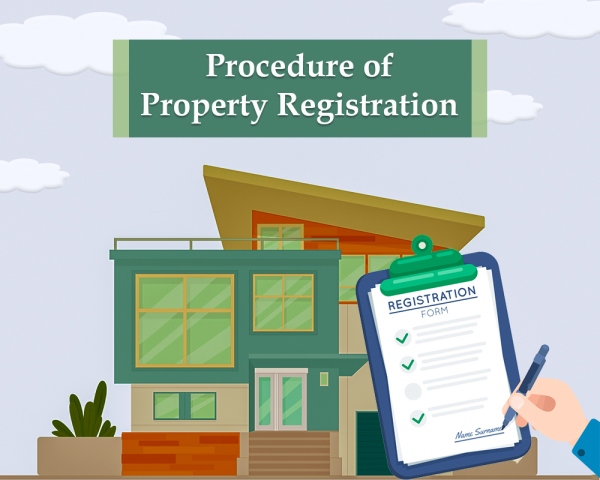Today’s post brings the main considerations about the documents needed in real estate purchase and sale transactions.
Basically, there are three categories of certificates: those of the seller(s), those of the buyer(s) and those of the property. The best option is to go to the registry office where the deed of purchase and sale will be made (which may or may not be the registry office of that property), and request the list of documents required to prepare the deed.

There may be some changes here or there, but in general terms, the buyer is required to provide an identification document (with photo and CPF), proof of residence and proof of marital status (marriage certificate, deed of stable union, etc).
For the seller, all of the above and more are required: certificate of civil and treasury actions, protest, interdiction and guardianship, labor claims and federal justice.
In relation to the property, they are: certificate of real encumbrance, denial of municipal real estate debts, water and fire fee discharge and, in the case of condominiums, discharge of the respective collection.

The initial contract (generally a promissory contract, with or without down payment) will be necessary for the issuance of the ITBI guide (Imposto sobre Transmissão de Bens Imóveis) and for the preparation of the deed with the competent notary.
Other documents may also be required, such as the negative certificate issued by the SPU, in properties owned by the Union. In these cases, it will be necessary to open the transfer authorization procedure (CAT) with the Service, with payment of the laudémium to be borne by the “seller”.



